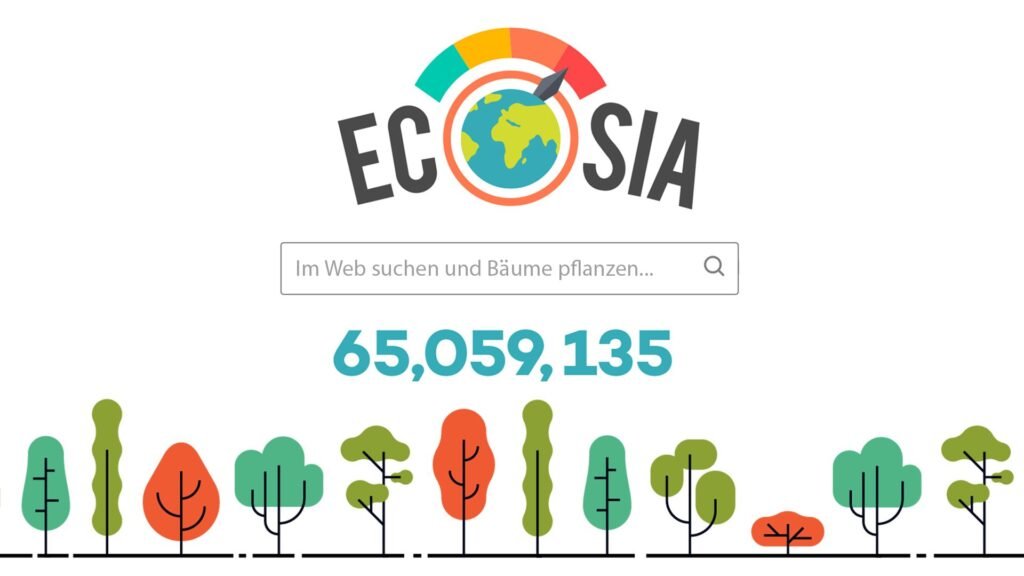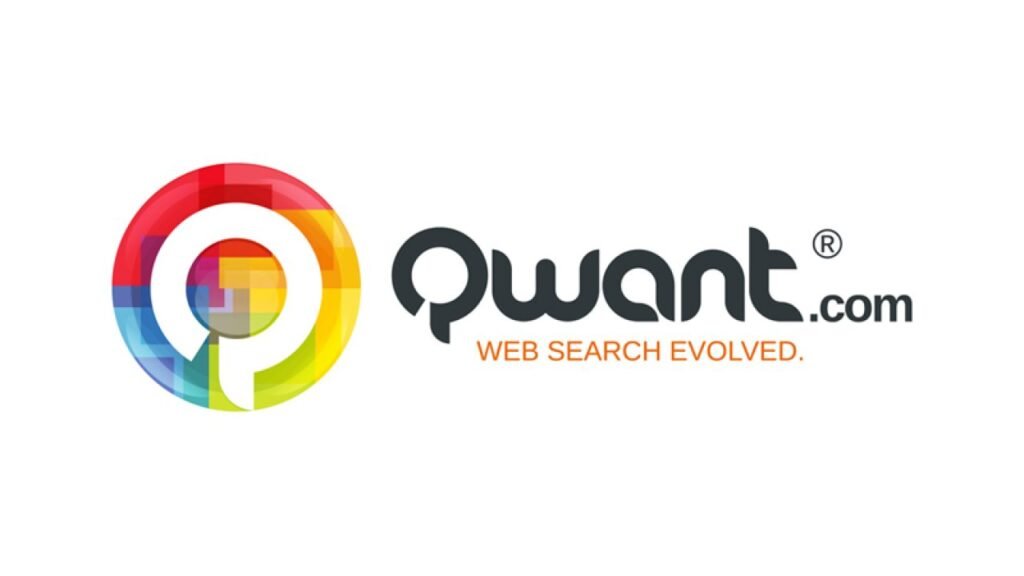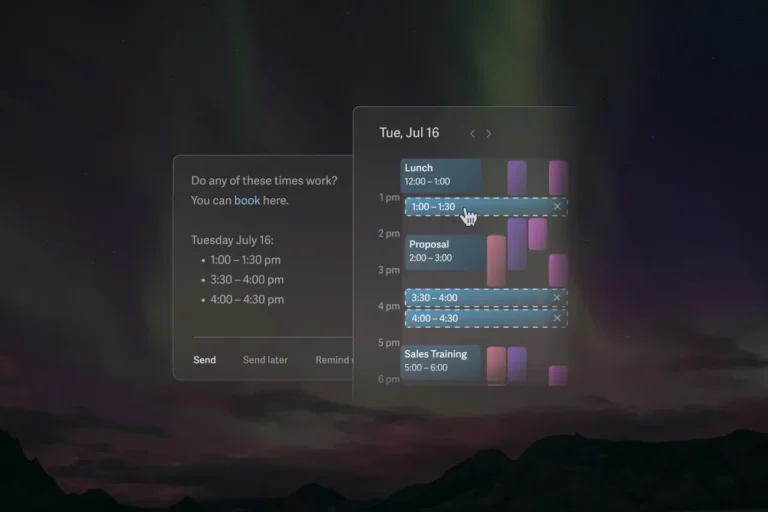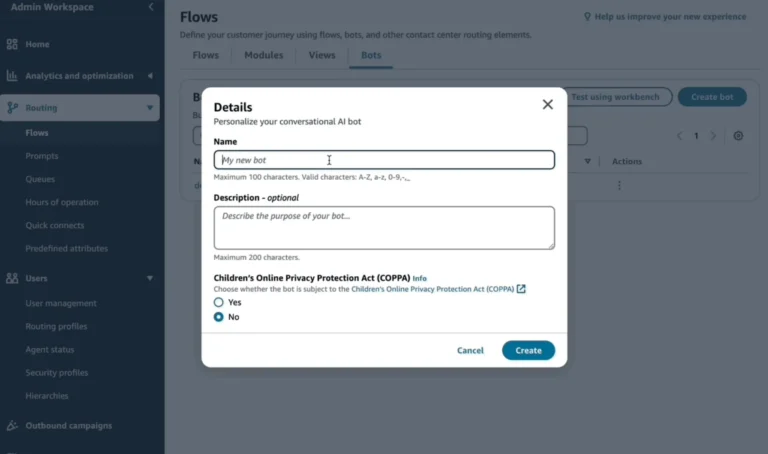Trending post
Ecosia and Qwant, two search engines which distinguished themselves from Google, announced a strategic partnership on Tuesday. They stated that with this tie-up, the two will be able to cut their reliance on major US tech firms. According to reports, Ecosia and Qwant decided to become joint venture partners for developing an independent European search index called European Search Perspective, or EUSP. This ambitious plan launching in France in early 2025 is designed to improve search results for the French and German languages, providing an alternative more localized and privacy-conscious to current searching.

A Step Towards Digital Sovereignty
In a time when European companies are getting increasingly interested in attenuating the need to depend on American tech giants, this initiative could bring companies closer to digital sovereignty. It currently dominates the market for global search engines, with more than 90% of the market. Even alternative search engines like Ecosia and Qwant rely on infrastructure furnished by other large U.S. companies, like Microsoft’s Bing, to deliver search results. The Berlin-based Ecosia in partnership with Qwant in Paris aims to do that, namely to create a European-owned search index that will give both of these companies more control over their search technology.

The new search index will be a “privacy-first” platform, leveraging technologies from Qwant redesigned in 2023. It seeks to provide not only the needs of Ecosia and Qwant but also the technology for other independent search engines and tech companies looking for an alternative to Google and Microsoft. The companies said in a statement that they both respect privacy. Qwant is appreciated for a no-tracking and no-resale policy on personal data, while Ecosia is committed to sustainability and plants trees for every 50 searches on its platform.
Ecosia CEO Christian Kroll explained how new EU regulations, such as the DMA, allowed for the project. This regulation went into effect at the beginning of this year, requiring large tech companies like Google to provide fair and reasonable access to their respective platforms so that smaller players can innovate and develop their own technologies. According to Kroll, “This regulatory context is what led to the opportunity for Ecosia to partner with Qwant for mutual benefit.”
Diversifying Dependence on US Tech Majors
This is furthered by growing frustration within the European tech community with the pricing and policies of major US companies. Costs to Ecosia and Qwant to access Bing’s search API, which powers the search results of many alternative search engines, have been imposed by Microsoft. Increased costs were what made the two companies stronger and independent and how to be free from other pressures of third parties as such companies as Microsoft.
Qwant’s CEO Olivier Abecassis says that the collaboration is not against US companies out of any kind of animosity, but such sovereignty on the business region is Europe’s. “It is really about the sovereignty of our business and companies,” he said to CNBC. Abecassis will also lead the newly formed European Search Perspective venture as its CEO. The project has not yet secured external investment, but the two companies are keen on building it from scratch with an eye on serving the broader European market in the future.
According to Abecassis and Kroll, this deal allows them to be at the helm of the critical infrastructure whose destiny depends on internet searches. “The reliance on American technology will be a weakness for Europe, especially facing today’s geopolitical backdrop, like Russia’s invasion of Ukraine that cut off the energy supply to Europe,” noted Kroll. He compared that to the higher risks of having too many eggs in one foreign basket, especially for the more critical and essential technological resource inputs, and therefore Europe has to build its own digital infrastructure.
The Future of Search and AI
As part of their long-term vision, Ecosia and Qwant are also positioning the new European search index as a resource for emerging AI technologies. With the shift in generative AI, the way one interacts with search engines has fundamentally changed. With the emergence of yet another AI tool such as OpenAI’s ChatGPT, more pressure mounts on the search engines to step up the game.
In fact, a new wave of generative AI-based search engines is hitting the markets with Perplexity, among others. Additionally, even Google itself is rolling AI into existing search infrastructure called Gemini AI. Ecosia and Qwant are promoting their new search infrastructures as part of this change in structure in that they could “offer transparency and security in the data pool,” which may develop further to support new AI technology. As Kroll points out in its report, though large language models are the heart of AI-powered chatbots and tools, they do need an effective search index to be able to operate well. Therefore, this is where the European Search Perspective venture gets strategically important as AI represents a new era for the search industry.
At the same time, this is also where search companies, ever more dominated by AI-driven models, may increasingly control search data and algorithms. Kroll hinted that search providers would be more discerning about sharing their data as well, now that these AI models have become so much more advanced. In this way, with the entire digital landscape in the process of continuous mutations by Artificial Intelligence, Ecosia and Qwant’s European search index may turn out to be the strong pillar for ensuring that this new paradigm is not owned by a few companies but open and accessible to everyone.
A New Way for Free Search Engines
Ecosia and Qwant’s partnership is a part of an enhanced trend toward more digital sovereignty in Europe, as companies try to turn to alternatives to the big U.S. players. Both are on the move toward having their own search index and diminishing their dependencies on companies like Google and Microsoft.
The EUSP project stands in its cradle, yet, based on the support received from Ecosia and Qwant alongside Europe’s friendly rules, the new initiative might contribute to the development of a stronger and more secure search infrastructure favorable to the interests and values of Europe. This may end up changing the course of the search for years to come as industry players and regulators take a close look at the project’s unfolding.
source :cnbc







